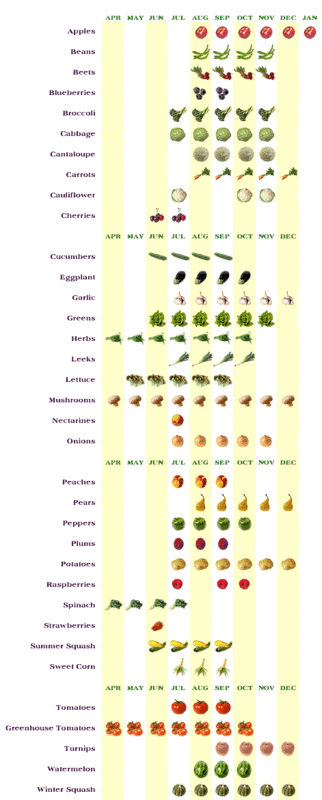
Who we are:
The Food Justice Alliance is a GW student organization founded the spring semester of 2009 with two main goals: to get more local food served in our cafeteria and to create an on-campus community garden.
What we want to do:
We want to create a community garden that will allow students and the larger DC community to connect with food production through service-learning.
How We Are Doing It:
Currently: We are working with Sodexho to bring local food to our cafeteria and have succeeded in making local apples available. Through the Earth Week Committee we are planning a “Real Food” Barbeque for three hundred people utilizing local, organic foods. We are collaborating with Professor Jeanette Ankoma-Sey’s Edible Landscaping Class whose students are creating a layout, plant list, and detailing the logistics of our community garden at GW. The students are being encouraged to utilize native plants and plants found on the Mount Vernon Estate. The garden will be maintained using permaculture and organic methods. Further our garden will be ADA accessible.
Future Plans: Our current focus is on fundraising and developing a sustainable plan for our community garden. We have set a first planting goal for the Fall of 2009. After our first growing season we plan to cover our overhead costs by selling produce at the Foggy Bottom Farmers Market and donating excess crops to Miriam’s Kitchen and the Foggy Food Pantry. Volunteers for the garden maintenance will be overseen by two year-round student “Garden Manager” interns, hopefully from the biology and environmental studies departments. The managers will be responsible for drawing volunteers from the GW student body, local schools, and the Foggy Bottom community, including elderly and homeless citizens.
Who We Are We Working With:
The FJA is currently working with various GW departments including, University Grounds and Maintenance department, Landscape Design Graduate Program, GW Dining Services, Sodexho, the GW Office of Sustainability, Green GW, and GW Students for Fair Trade. Outside of GW we are creating relationships with the Foggy Bottom Garden Club, Casey Trees, Miriam’s Kitchen, Samaritan Inn, and St. Mary’s Court, Common Good City Farm, and students from American and Georgetown Universities to create a garden that will be both sustainable and maintainable.
Impact:
The FJA will build upon GW’s strong traditions of building community ties, provide service-learning opportunities for students, and creating a more sustainability future for GW. The community garden will place GW in the local food economy, allow students to interact with their food, and reinforce the idea that GW students are responsible global citizens.







